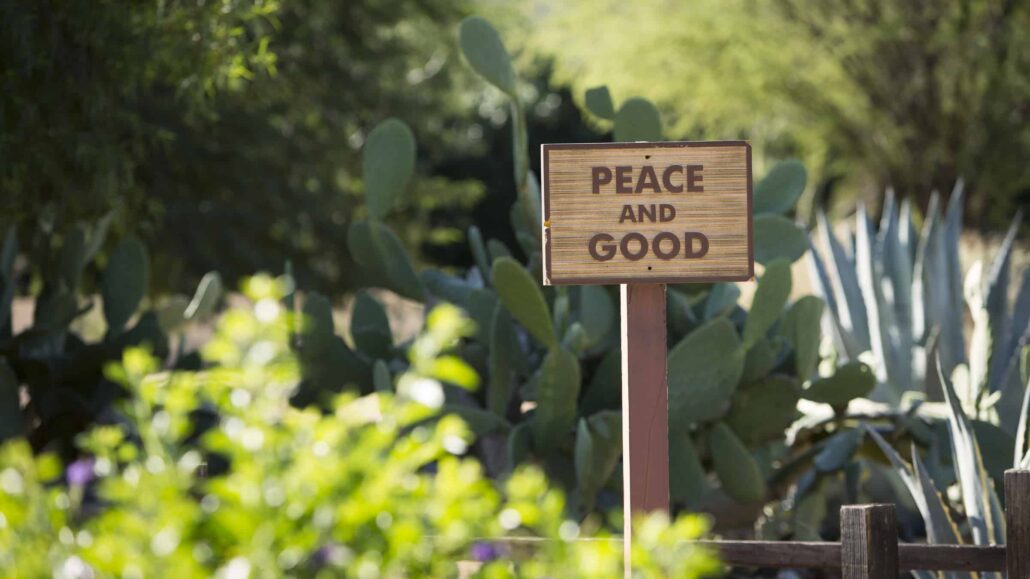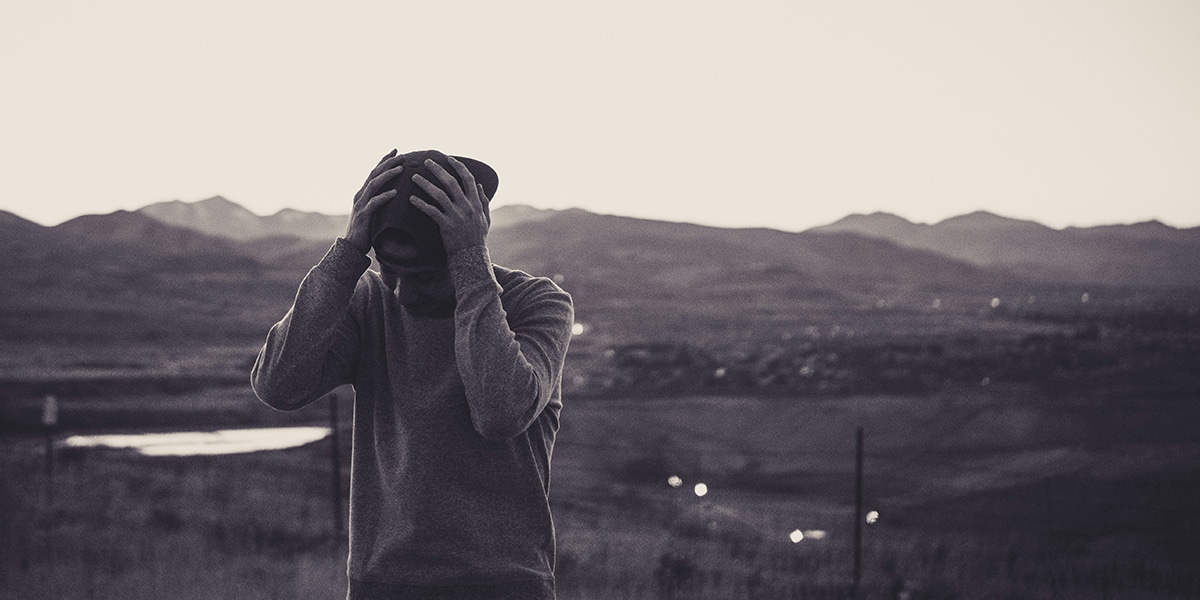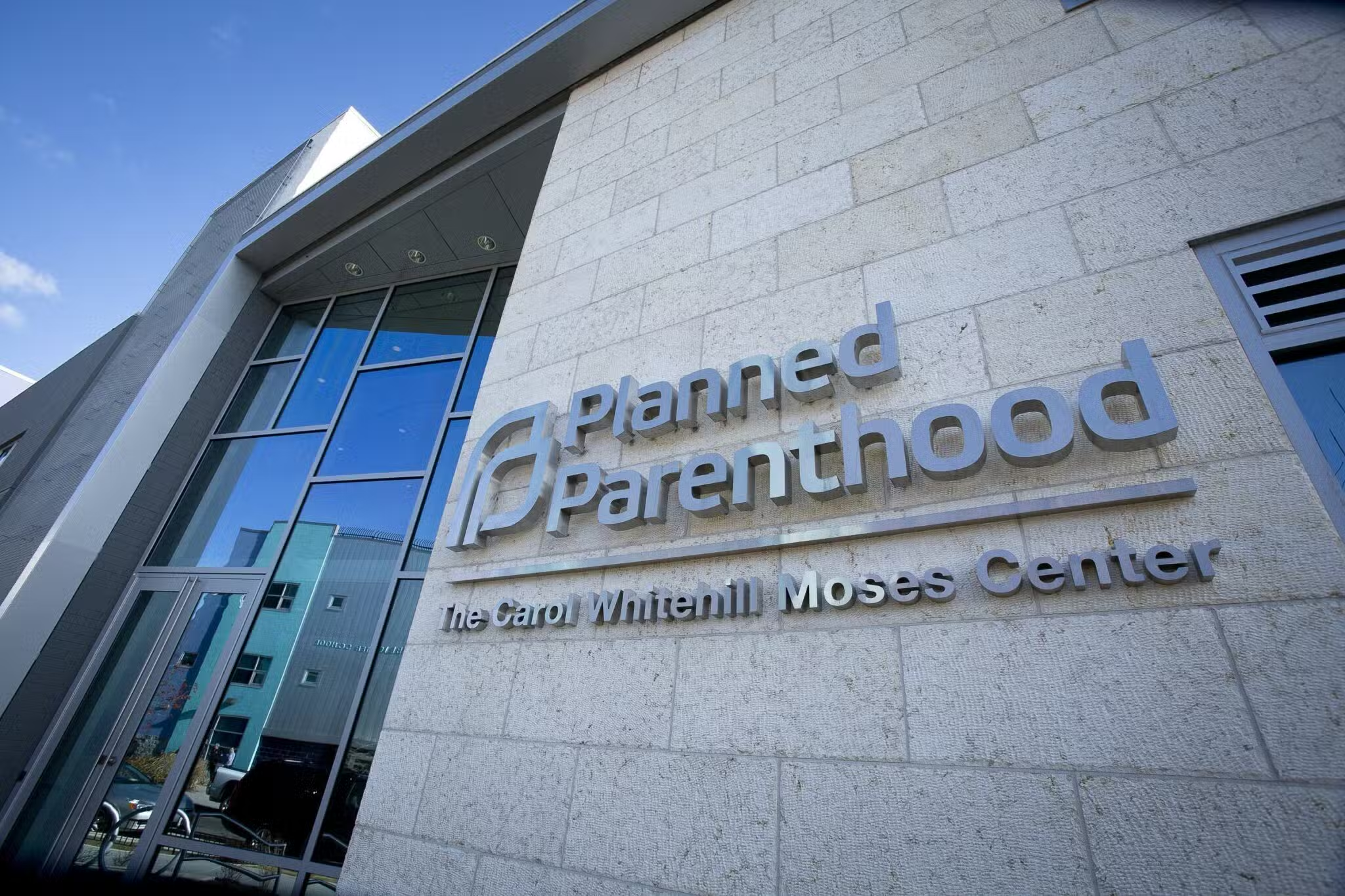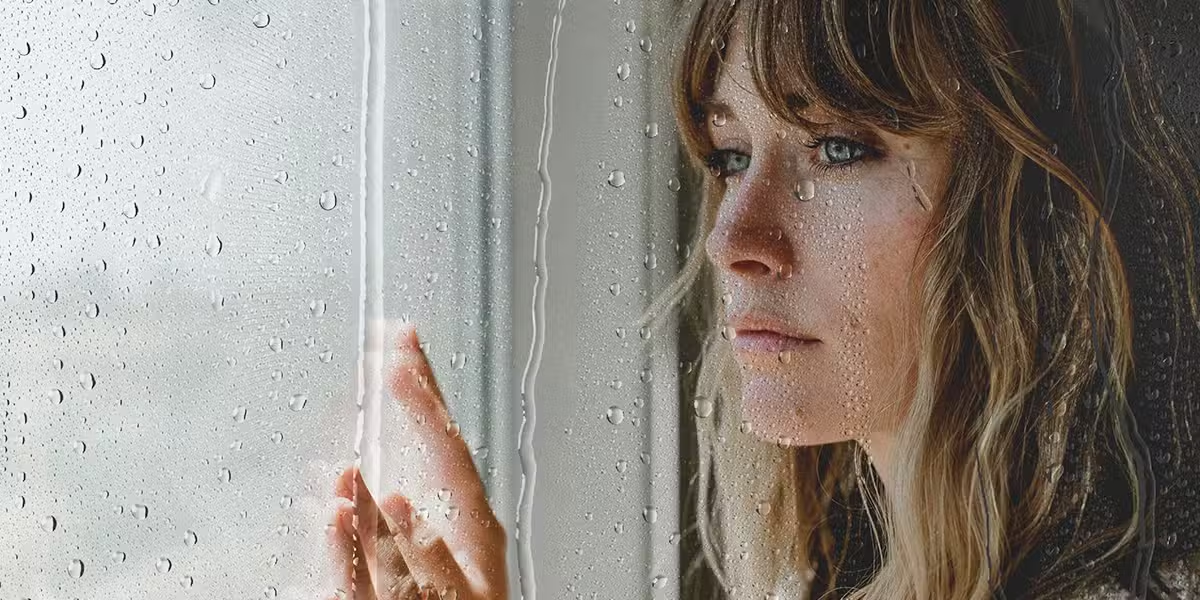The pope’s 2015 encyclical “Laudato Si’” (“On Care for Our Common Home”), reflects on our relationship to each other and the Earth. Rarely has an encyclical been this widely anticipated, or this widely discussed, in the worldwide Catholic community and far beyond it.
Many may not plow through the entire 40,000-word document, but already its main ideas are beginning to take root in public conversation. The Church—and the world—waits to see what fruit these seeds will bear.
What Is Happening to Our Common Home
Like the pastoral theologian he is, Pope Francis opens his encyclical with a chapter describing a concrete, pressing problem that concerns him deeply: “Our Sister, Mother Earth, who sustains and governs us, . . . is falling into serious disrepair.” It “is beginning to look more and more like an immense pile of filth,” he writes.
Like the scientist that he also is (he has a technical degree in chemistry), Pope Francis gets deep in the weeds of what ails our planet. Especially during the last 200 years of the Industrial Revolution, he points out, our “throwaway culture” has polluted our planet’s air, water, and soil on an unimaginable scale.
The pope agrees with the scientific consensus—as certain now as the link between cigarettes and cancer—that human-caused activity is dangerously altering our climate. In fact, he calls climate change “one of the principal challenges facing humanity in our day.”
Although “safe drinkable water is a basic and universal human right,” we have degraded the world’s supply of clean, drinkable water—which is out of reach for almost a billion people. We are also killing off species of plants and animals at an unprecedented rate, on land and in our oceans.
The pope sees a parallel problem alongside the plundering of our planet: the toll it takes on human life. Across the globe, there is a “decline in the quality of human life” and a “breakdown of society,” says the pope. He
laments sprawling cities and slums, industrial ugliness replacing natural beauty, and people who are isolated from each other while being distracted by superficial media and electronic screens. Hurting most of all are the world’s poor, who suffer acutely from environmental harm, far (and ever farther) from the eyes and conscience of the wealthy.
The Wonder of Creation
It doesn’t have to be this way, though, and religion can help address the challenges the pope has described. Our faith, he writes, leads us to believe that God intends something very different than the destructiveness human beings have unleashed on the planet.
According to the witness of Scripture, the Earth is more than just a planet whose conditions happen to make life possible. It is part of God’s creation, a gift made and sustained in love. In creation, everything is connected and interdependent. Everything and everyone has unique dignity, meaning, purpose, and value. As St. Francis of Assisi realized so many centuries ago, the wonderful diversity of creation points to and praises the Maker of all.
Within creation, “human life is grounded in three fundamental and closely intertwined relationships: with God, with our neighbor, and with the earth itself,” Pope Francis writes. Our God-given role is not to dominate the Earth, but to “till and keep” it: to make wise use of its resources, while preserving its health for all creatures and for future generations, since all of us share (and none of us owns) this planet.
In our sinful attempt to refuse the limits and responsibilities God gave us, we have ruptured our original harmony with creation. Jesus, however, showed us what restored relationship can look like. And as the risen Christ, he holds all creatures and directs them toward their final fulfillment.
Human Responsibility
In the third chapter of “Laudato Si’,” Pope Francis delves deeper into the human causes of our current environmental crisis. He praises science and technology as “wonderful products of a God-given creativity,” but he also cautions that they give humanity awesome power, and “nothing ensures that it will be used wisely.”
In general, we haven’t used our technological power wisely. Instead, many have ignored ethical considerations and have used science (and the market economy) to pretend that we, not God, are masters over nature—for example, through unscrupulous use of genetic engineering.
Ironically, at the same time that we have made ourselves lords of the universe, many have also come to think that human life is meaningless and expendable. This leads to a culture of relativism that places a premium on personal convenience and leisure, but ignores the important human vocation of doing worthwhile work. As important, this attitude tends to devalue and exploit the poor, the elderly and infirm, and the unborn.
Our pride and folly have led to widespread suffering of creation and our fellow human beings and other creatures. This disconnect leads once more to the fundamental point of “Laudato Si’”: “we cannot presume to heal our relationship with nature and the environment without healing all fundamental human relationships.”
It’s time, writes Pope Francis, to turn that around. We must put ethical boundaries around our technology, and direct it toward solving social and environmental problems rather than creating them.
People and Planet: A Common Fate
Many have called “Laudato Si’” an encyclical on the environment. It is much more than that, because one of the most powerful themes running throughout the document is the idea of “integral ecology.” This term captures Pope Francis’ central message, namely, that the fate of nature and the fate of humanity are tied together.
He points out that when we speak of the environment, what we really mean is a relationship existing between nature and the society which lives in it. Nature cannot be regarded as something separate from ourselves or as a mere setting in which we live. We are part of nature, included in it, and thus in constant interaction with it.
Because of this interconnection, we “are faced not with two separate crises, one environmental and the other social, but rather with one complex crisis which is both social and environmental.”
In other words, harm to human beings and harm to the environment are just two sides of the same coin. When there is harm to human beings, there will inevitably be harm to the environment, as in the human and environmental atrocities of war. And when the environment is damaged, human beings also suffer: when a landscape is deforested for timber, for example, this will also destroy the homes and livelihoods of the native peoples who dwelled there.
On the positive side, integral ecology means that as we create healthy human societies—that promote beauty, cultural diversity, and dignity and justice for all, even across generations—we will at the same time learn to help the Earth heal and flourish. The fragile Earth cries out for help, and so do the fragile poor. Hurting one will hurt the other, and helping one will help the other.
What Should We Do?
As the Church’s head pastor, and as a man who cares deeply about the plight of the poor and the plight of our world, Pope Francis devotes the final two chapters of “Laudato Si’” to reflecting on practical ways we can begin to heal our ailing world. On the global scale, he calls for “enforceable international agreements” to such things as “planning a sustainable and diversified agriculture, developing renewable and less polluting forms of energy, encouraging a more efficient use of energy, promoting a better management of marine and forest resources, and ensuring universal access to drinking water.”
Industrialized nations, which have caused so much damage to the planet and to the poor, have a special responsibility to help solve environmental problems they have created and to help poorer countries establish more sustainable paths for development.
Nations need healthy, transparent governments and well-regulated economic systems to eliminate social and environmental abuse and to promote the long-term common good. They must also adopt the “precautionary principle,” taking special effort to demonstrate that a particular project or plan does not pose harm to people or the planet. We can’t just naïvely trust that a free market can automatically bring about good and avoid all damage.
Pope Francis isn’t against economic and technological progress, but he believes that we need to think carefully about what true progress really is: the promotion of authentic human development and the flourishing of the Earth. Religion and science, along with politics and business and culture, can work together toward these goals, each making its unique and necessary contribution.
Conversion, Joy, and Hope
Pope Francis is a big-picture thinker, but he also understands that largescale systemic change depends on each one of us. We can all do “little daily actions” that turn away from an empty, individualist, consumer-driven mindset. We can support a healthier society and a healthier Earth. We can avoid the use of plastic and paper, reduce water consumption, separate refuse, cook only what can reasonably be consumed, show care for other living beings, use public transport or carpooling, plant trees, turn off unnecessary lights, or any number of other practices. All of these reflect a generous and worthy creativity that brings out the best in human beings.
These changes will come about as we become more ecologically educated in such virtues—in schools and media and churches, but most importantly in our families. Pope Francis calls Christians to a spirituality of “ecological conversion,” whereby the effects of their encounter with Jesus Christ become evident in their relationship with the world around them.
“Living our vocation to be protectors of God’s handiwork,” he writes, “is essential to a life of virtue; it is not an optional or a secondary aspect of our Christian experience.”
Ecological spirituality is a way of love, a way of moderation, gratitude, wonder, praise, care, and communion with creation. It leads to joy, peace, and hope in the triune God, who makes all things new, and whom we can encounter in the Eucharist and in the whole sacramental universe.
The invitation to such an encounter is what ultimately makes “Laudato Si’“ such a hopeful document. Even after wrestling with the many large-scale and vexing challenges we face, Pope Francis can still end his reflections on a note of joy: “In the heart of this world, the Lord of life, who loves us so much, is always present. He does not abandon us, he does not leave us alone, for he has united himself definitively to our earth, and his love constantly impels us to find new ways forward. Praise be to him!”








